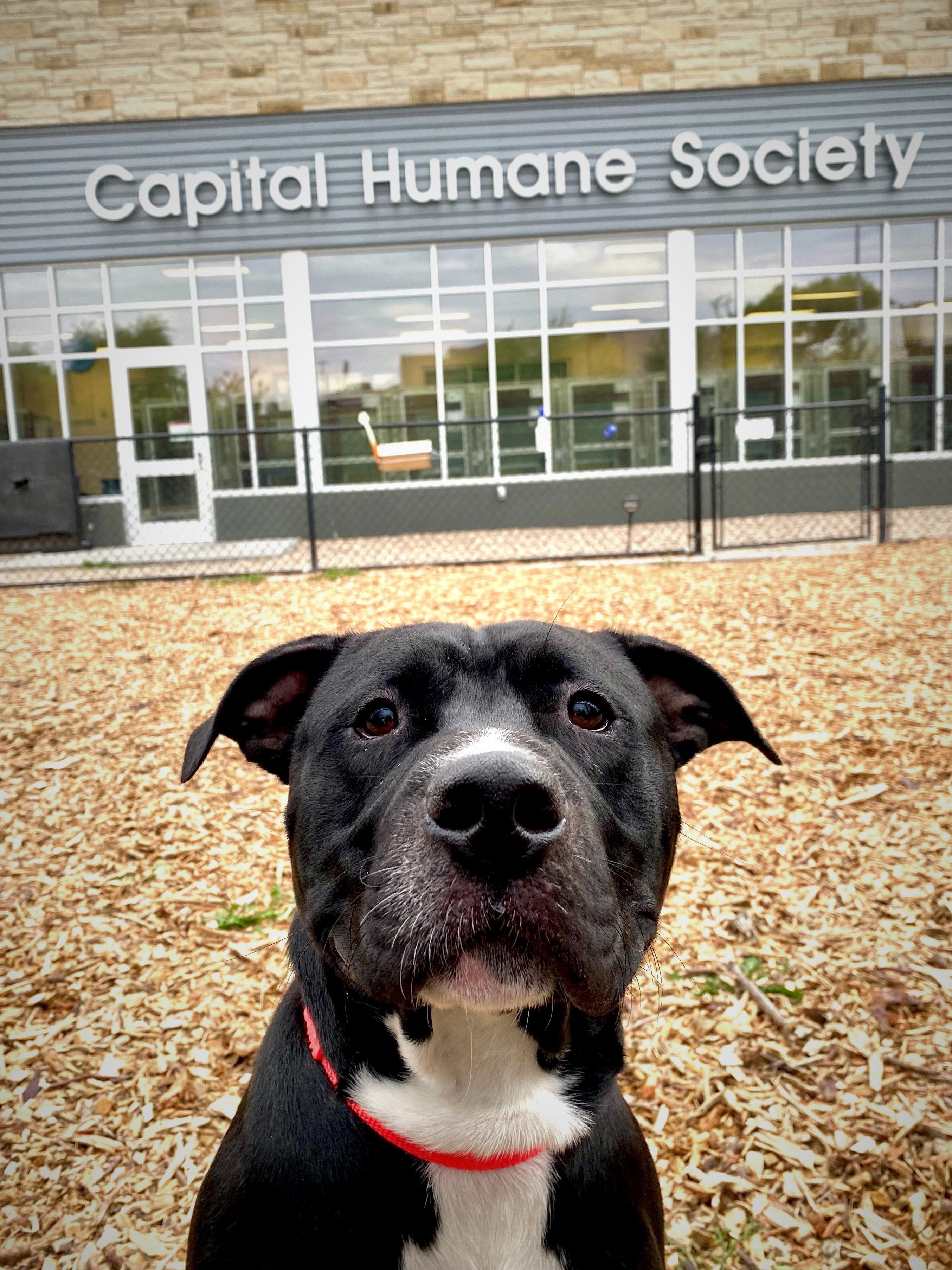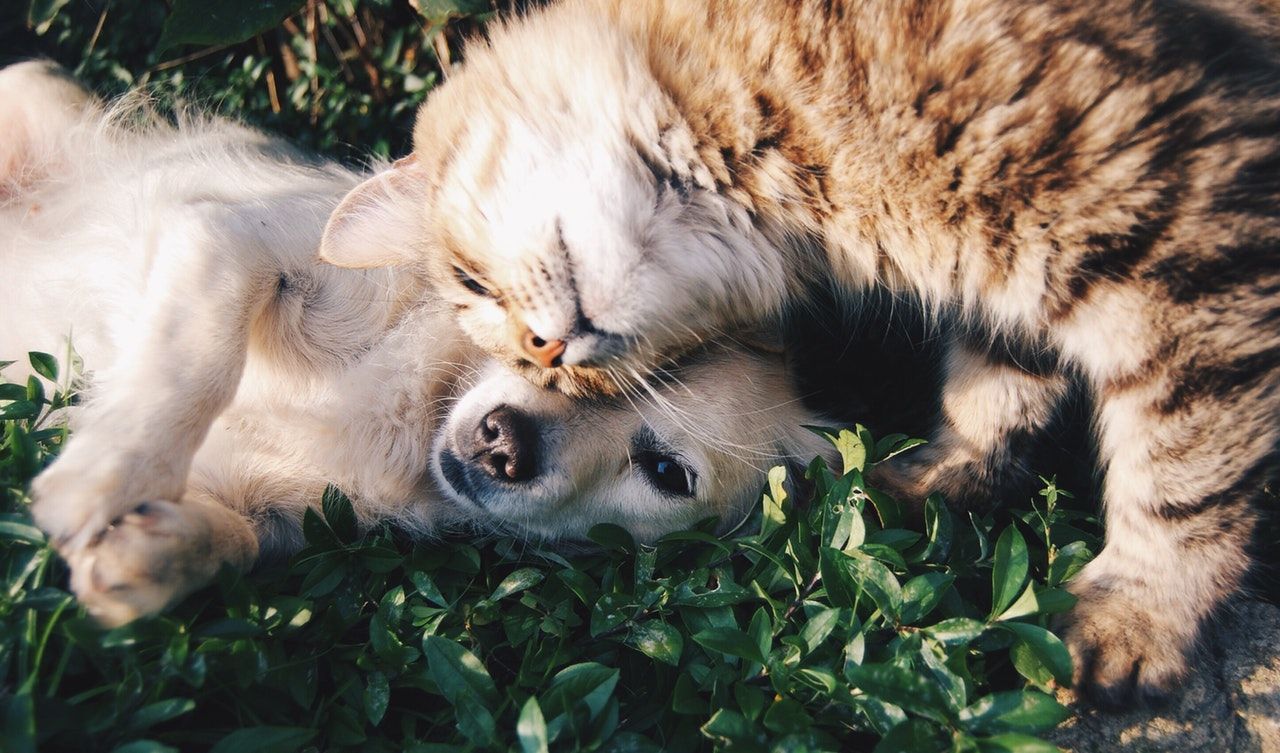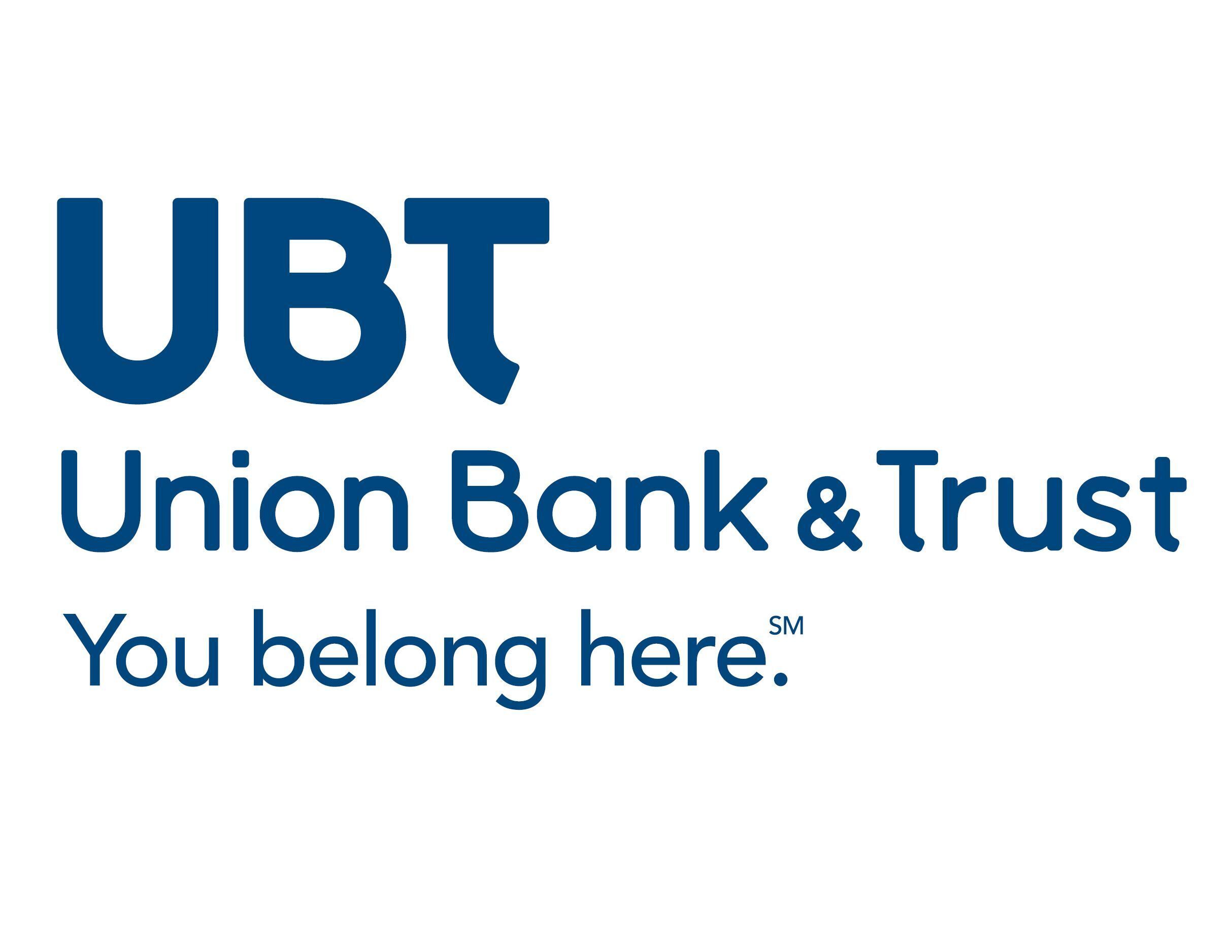
Dogs are intelligent, sensitive, animals that can learn excellent manners and fantastic tricks with proper training. At Capital Humane Society, volunteers and staff offer kind, clear, direction to the dogs in order to help them understand what behavior is expected and to modify unacceptable behaviors. Positive reinforcement or “reward” based training brings out the best in dogs and helps build trust between a canine and their human. Most dogs are eager to please their owners and the pups at the humane society are no different. With consistent, patient, handling by staff and volunteers, many even learn to offer a “sit” without being given a command! Whether your family includes a new four-legged addition or established canine resident, these “secrets” will help you be successful with training:
Determine the motive behind your dog's behavior!
We think it’s safe to say that having a dog jump up to greet you or compete in a staring contest with your food are two universal experiences for all dog lovers. For many, a natural response to these behaviors is to say “no” or push the dog off, which can sometimes be effective. However, understanding that these behaviors are typically motivated by the dog’s desire for attention means that for some, this approach is actually counterproductive.
Chances are we all know a dog who doesn’t respond to commands like “sit” or “down” when they meet new people or their owner first arrives home. Sometimes this behavior is mistaken for stubbornness or the dog is assumed to be unintelligent, but we promise this is not the case! In fact, contrary to what you might expect, “negative” attention is still categorized positively to a dog like this because it is attention, period. Once you are able to determine the motivation behind your dog's behavior you can utilize that motivation to more efficiently train them!
Work on creating new “skills” instead of fixing “problems”!
Dogs benefit from training that centers around teaching them which behaviors to offer in order to obtain what they want. Of course it is easy to view undesirable behaviors as problems that need fixing. However, as a pet owner, it is helpful to think of training as teaching your dog new skills that result in modified behaviors. Simply reframing this situation in your mind as an “opportunity” to help your dog communicate better will greatly increase your patience and success throughout the process.
Begging for food at mealtimes offers a helpful example. If you have a dog who is constantly pining for your plate of food, it is unlikely that you are ever going to convince them that they don’t want a bite. Instead of wasting energy trying to do so, train your dog to go to a designated spot when it’s time to eat. Providing a high value treat or toy that they only receive during this occasion creates an association between your mealtime and their special goodie. Establishing a routine that does not give your dog the opportunity to practice the unpleasant behavior means you won't have to spend time correcting it and your dog will learn what is expected of them.
The greatest challenge is training ourselves!
Once you have determined the motivation behind your dog’s behavior and devised a constructive way to reprogram it, the actual training of your dog is really quite simple. Often the most challenging aspect of the process is retraining yourself! People who love their pets like family usually treat and talk to them like people (we love this!). However, when it comes to training it is important to remember that we don’t speak the same language! Successful training depends on consistency, patience, and teaching your animal in the manner that they actually learn, not in the ways we think they should learn.
For example, when working with a dog who loves to jump up and greet people, training yourself to resist the natural reaction to give a command or physically push your pup off is difficult, but imperative. Instead, simply turning your back to the dog or leaving the room demonstrates to them that jumping up results in the opposite of what they were trying to achieve. On the flip side, rewarding “four paws on the floor” with calm loving pets or a tasty treat, reinforces that this behavior does in fact provide the desired result, attention! Instructing visitors to react in the same way to this behavior offers further reinforcement of this new skill and will expedite the training process!
Do your best to give yourself and your dog grace and patience during training. Remember that training is a process and no person or dog is perfect! Capital Humane Society offers basic obedience as well as puppy training classes that can provide structure and guidance for you and your furry friend.
Please visit the Animal Training Classes page of our website to learn more about the classes we offer! Or reach out to Behavior Coordinator, Haley VanDeWalle at animalbehavior@capitalhumanesociety.org.
Going on now!
Puppy 101
October 9th 2021- October 30th 2021
You can also check out this article in the mobile or print version of Lincoln Kids Magazine Fall 2021 issue!

















